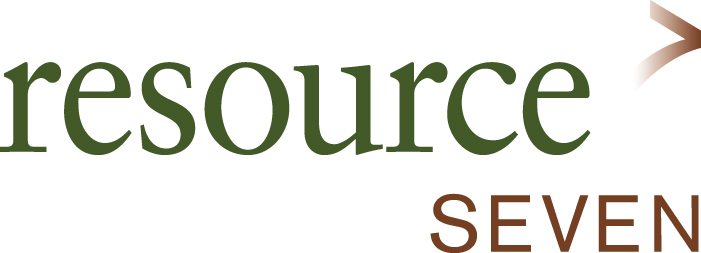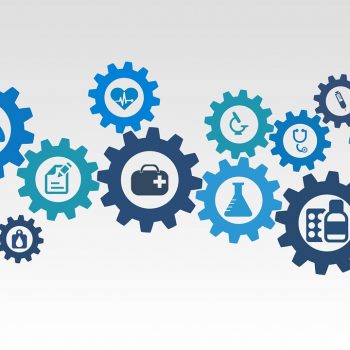
Pre Tax Plans
- Posted by
- On
A cafeteria plan, also known as a section 125 plan, is a written plan that provides employees an opportunity to receive certain benefits on a pretax basis by allowing them to choose between receiving a taxable benefit (such as cash) or certain qualified benefits for which the law provides an exclusion from wages (such as health insurance).
A “premium-only-plan” (POP) is a basic type of cafeteria plan that allows for pretax health insurance premium contributions by employees. A POP plan offers as its sole benefit an election between cash (for example, salary) and payment of the employee share of the employer-provided accident and health insurance premium (excludible from the employee’s gross income). A Flexible Spending Arrangement (FSA) is another form of cafeteria plan benefit, funded by salary reduction, that reimburses employees for expenses incurred for certain qualified benefits, such as medical care.
Cafeteria plans must meet the specific requirements and regulations of Section 125 of the Internal Revenue Code, which generally include the development of a written plan describing the benefits and establishing rules for eligibility and elections, as well as satisfy various tests for nondiscrimination with respect to certain highly compensated and key employees.
A cafeteria plan may generally make benefits available to employees, their spouses and dependents. It may also include coverage of former employees, but cannot exist primarily for them.
Generally, a cafeteria plan does not include any plan that offers a benefit that defers pay. However, a cafeteria plan can include a qualified 401(k) plan as a benefit. Qualified benefits generally also include:
- Accident and health benefits (but not Archer Medical Savings Accounts or long-term care insurance);
- Adoption assistance;
- Dependent care assistance;
- Group-term life insurance coverage (including costs that cannot be excluded from wages); and
- Health Savings Accounts (HSAs), including distributions to pay eligible long-term care premiums or qualified long-term care services.
Benefits that cannot be included in a cafeteria plan include de minimis benefits, educational assistance, transportation (commuting) benefits, tuition reduction, and working condition benefits.
Employer contributions to a cafeteria plan are usually made pursuant to salary reduction agreements between the employer and the employee in which the employee agrees to contribute a portion of his or her salary on a pretax basis to pay for the qualified benefits. Salary reduction contributions are not actually or constructively received by the employee, so those contributions are not considered wages for federal income tax purposes. In addition, those sums generally are not subject to FICA (Social Security) and FUTA (federal unemployment) taxes.
A section 125 plan is the only means by which an employer can offer employees a choice between taxable and nontaxable benefits without the choice causing the benefits to become taxable.


